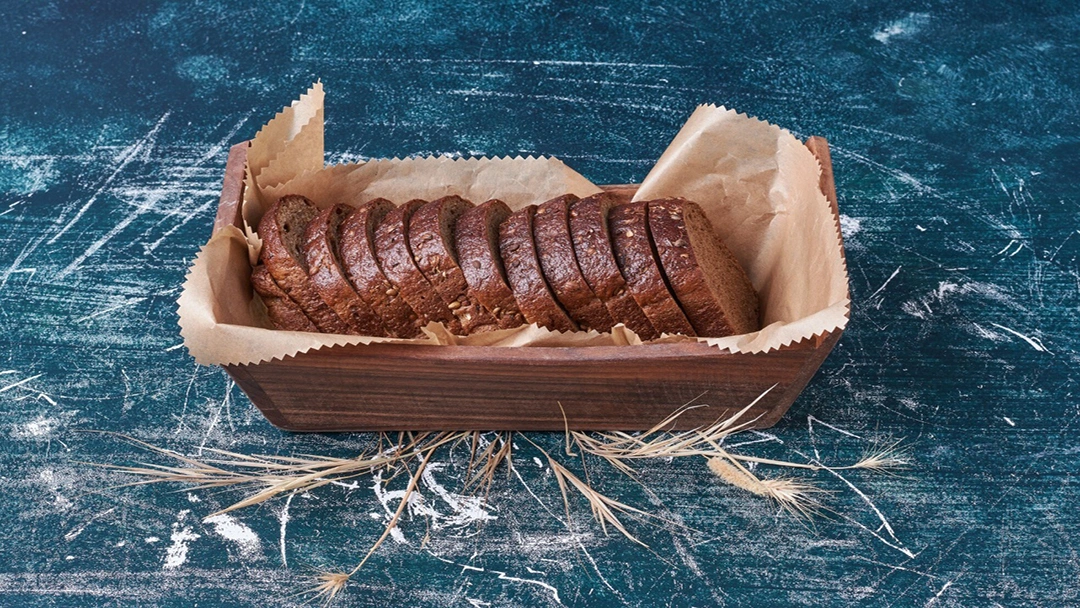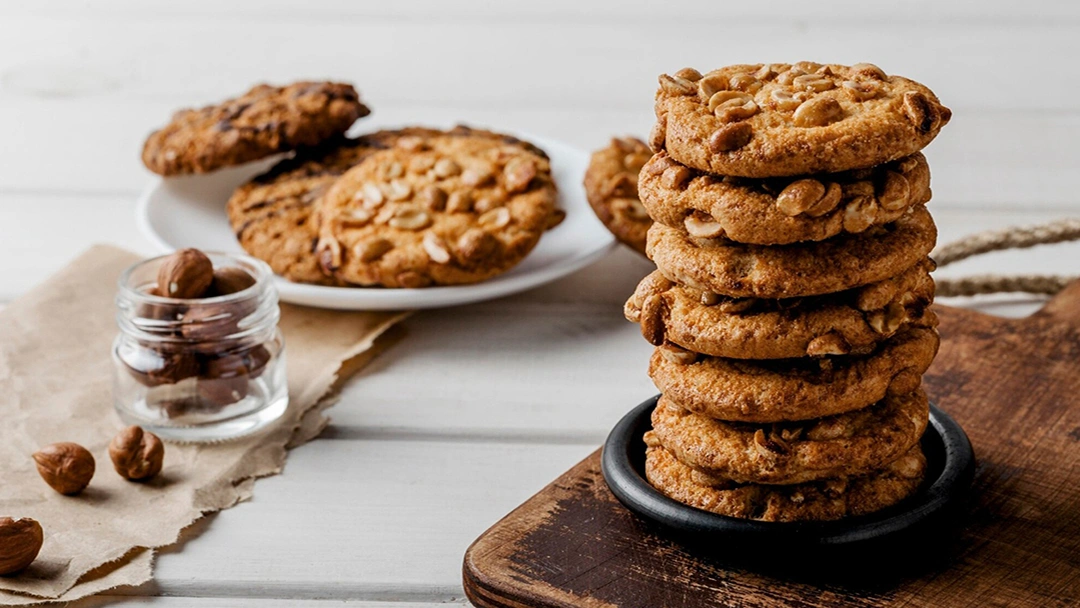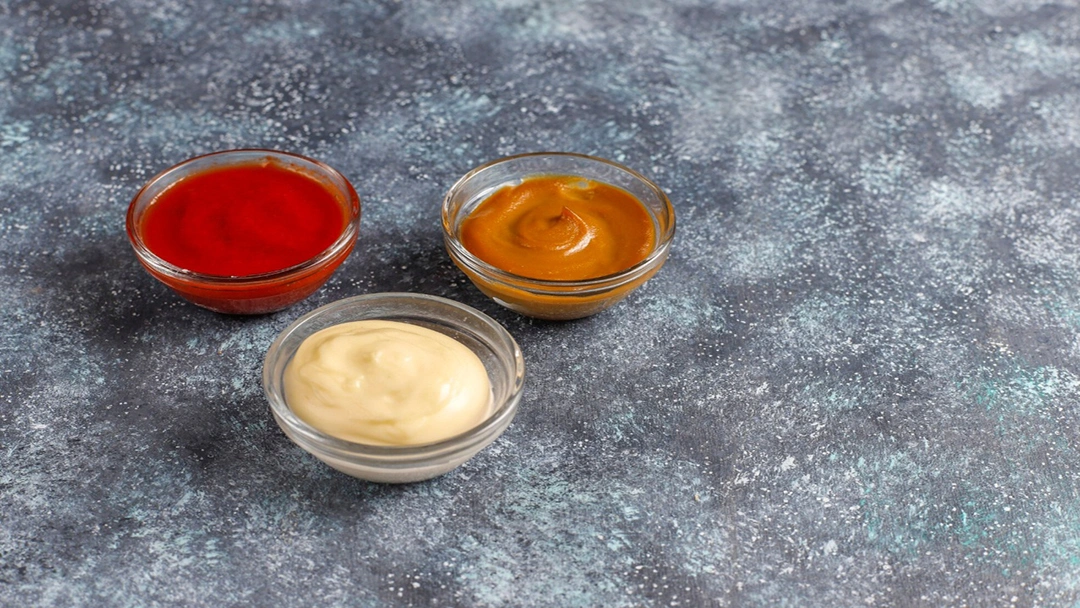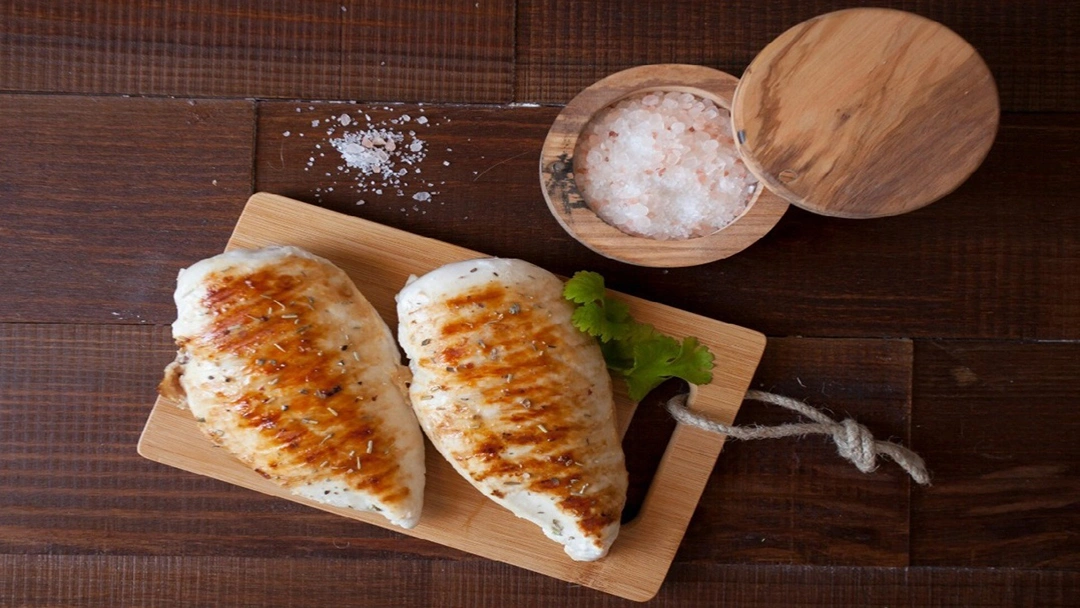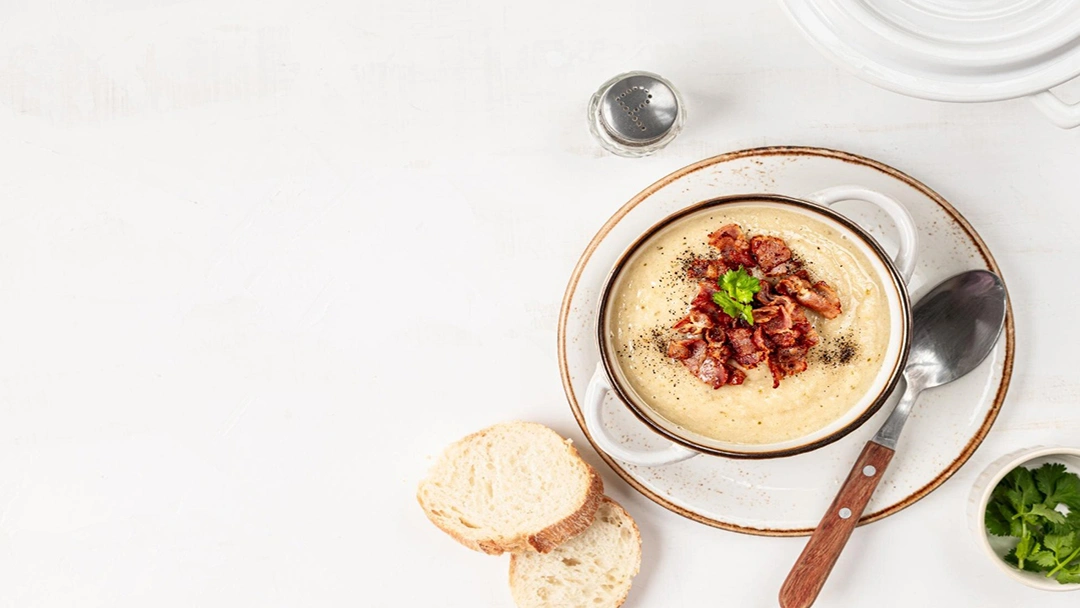Alcohol Can Disrupt Gene Expression
Consuming alcohol can have negative impacts on the central nervous system, causing changes in gene expression and the performance of neuronal circuits.
It Consuming alcohol can have negative impacts on the central nervous system, causing changes in gene expression and the performance of neuronal circuits.It means that after some time, our brain gets used to alcohol and cannot function properly without it, which can lead to alcohol use disorder (AUD) and addiction [2] [3] [4].
Learn More: Can I Have Alcohol on Carnivore Diet? What and How Much?
"While occasional alcohol consumption may not completely derail your carnivore diet, it’s important to be mindful of its effects on your body and progress."
Alcohol Can Cause Inflammation
Studies show that excessive use of alcohol can disrupt multi-organ interactions, which causes inflammation and organ damage [5].
It can also cause intestinal inflammation, which can change the composition and function of intestinal microbiota, which can damage the intestinal immune function [6].
[cta-meal-plan]
Alcohol Can Increase Food Cravings
Alcohol can affect the reward/ pleasure centers in the brain. Sugar can similarly affect these centers. Since the stimulations caused by alcohol and sugar in the brain are so similar, studies suggest that consuming sugar can lead to alcohol use [7].
It means that our brain reacts similarly to alcohol and sugar stimulations. So, by drinking alcohol, you trigger the reward centers, and the brain can make you eat high-carb foods to induce pleasure, which negatively affects your weight loss and Carnivore results [8] [9].
"Alcohol can introduce unwanted carbs and sugars into a carnivore diet, which may interfere with ketosis and fat loss."
Alcohol Causes Weight Gain
Alcohol is high in calories. For example, beer, wine, and spirits contain approximately 150, 125, and 95 calories, respectively. But black coffee and tea contain less than 5 calories.
Drinking alcohol with meals or before meals adds more calories to the total calories you gain from food. That is how drinking alcohol can lead to weight gain [10].
Learn More: Can I Lose Weight on a Carnivore Diet? How Much? How Fast?
[cta-gocarnivore-reviews]
Alcohol Can Negatively Impact Ketosis and Damage the Liver
On the Carnivore Diet, you need to eat large amounts of fatty meats, which are processed in the liver. Since alcohol is also processed in the liver, if you drink alcohol, your body cannot effectively induce and maintain ketosis–the process of turning fatty acids into energy [11].
Drinking too much alcohol can also put pressure on the liver and negatively affect liver metabolism and function [12].
Alcohol can cause metabolic problems, disrupt gene expression, set off inflammatory pathways, increase food cravings, lead to weight gain, negatively impact ketosis, and damage the liver.
So, if you still want to drink alcohol on the Carnivore Diet, you need to choose low-carb, low-calorie beverages.
The Best Alcohol on the Carnivore Diet
There is no best alcohol on the Carnivore Diet, and we need to minimize alcohol consumption gradually, but some kinds of alcoholic drinks have lower carbohydrates:
- Red wines like dry Merlot, Cabernet Sauvignon, and Pinot Noir
- Dry white wines, such as Chardonnay, Champagne, Pinot Grigio, and Sauvignon Blanc
- Distilled liquors like Rum, Vodka, Gin, Tequila, and Whiskey
Let’s take a look at the total carbs, calories, and sugar content of these alcoholic drinks in the following table.
| Type of Alcohol |
Serving Size |
Total Carb Content |
Calorie Content |
Sugar Content |
| Dry Merlot |
1 ounce |
0.7 grams |
24 calories |
0.18 grams |
| Cabernet Sauvignon |
1 ounce |
0.8 grams |
24 calories |
0.19 grams |
| Pinot Noir |
1 ounce |
0.7 grams |
25 calories |
0.21 grams |
| Chardonnay |
1 ounce |
0.7 grams |
25 calories |
0.28 grams |
| Champagne |
1 ounce |
0 grams |
38 calories |
0 grams |
| Pinot Grigio |
1 ounce |
0 grams |
90 calories |
0 grams |
| Sauvignon Blanc |
1 ounce |
0.6 grams |
24 calories |
0 grams |
| Rum |
1 ounce |
0 grams |
64 calories |
0 grams |
| Vodka |
1 ounce |
0 grams |
64 calories |
0 grams |
| Gin |
1 ounce |
0 grams |
65 calories |
0 grams |
| Tequila |
1 ounce |
0 grams |
69 calories |
0 grams |
| Whiskey |
1 ounce |
0.03 grams |
70 calories |
0.03 grams |
| Light Beer |
1 ounce |
0.48 grams |
9 calories |
0.03 grams |
So, since the Carnivore Diet focuses on low-carb, low-calorie, high-fat, and high-protein foods and drinks, we need to steer clear of the following high-carb alcoholic drinks.
Learn More: Can You Eat Cheese on The Carnivore Diet? What Is The Best Cheese?
[cta-meetings]
The Worst Alcohol on the Carnivore Diet
The following liquors can be the worst on the Carnivore Diet because they contain high levels of carbohydrates and calories.
- All drinks with tonic water (they are only soda plus 2.6 grams of sugar per ounce).
- Regular beer
- Port, Moscato, and Riesling wines
- Cocktails (mostly high in sugar)
The following table shows the carbs, calories, and sugar content in popular mixed drinks to let you know what exactly we mean when we say they are high in carbohydrates:
| Type of Alcohol |
Serving Size |
Total Carb Content |
Calorie Content |
Sugar Content |
| Bloody Mary |
1 glass (14 oz) |
13.3 grams |
294 calories |
9.38 grams |
| Regular Beer |
1 can |
12.6 grams |
153 calories |
0 grams |
| Margarita |
1 cup (8 oz) |
38.4 grams |
296 calories |
38.4 grams |
| Whiskey Sour |
1 packet |
16.5 grams |
65 calories |
16.5 grams |
| Cosmopolitan |
1 cup (8 oz) |
19.2 grams |
72 calories |
19.2 grams |
| Sangria Red |
1 cup (8 oz) |
20 grams |
232 calories |
16.8 grams |
| Pina Colada |
1 cup (8 oz) |
47.2 grams |
360 calories |
42.4 grams |
Now, let’s focus on some popular kinds of alcoholic beverages, whiskey, vodka, tequila, red wine, and beer, and see how they can affect your Carnivore lifestyle.
Learn More: Low-Carb Wine: The 10 Best Red and White Wines
Whiskey on the Carnivore Diet
Whiskey is distilled, meaning that most of its carbohydrates are removed. So, it usually contains zero carbohydrates, making it more Carnivore-friendly than other alcoholic beverages like beer or sweet cocktails.
We have already mentioned that it is not recommended to drink alcohol on Carnivore Diet as it can increase inflammation and hinder weight loss.
However, if you are drinking occasionally, choose high-quality whiskeys without added sugars, flavorings, or colorings.
[cta-meal-plan]
Here are some common types of whiskey:
- Bourbon: Made from corn with a slightly sweeter taste
- Scotch: Made from malted barley and has a smoky flavor due to the peat used in its production
- Rye: Made from rye grain with a spicier flavor than other whiskeys
- Irish Whiskey: Made from a mix of malted and unmalted barley, it is smooth, often triple-distilled
- Japanese Whiskey: Modeled after Scotch but can have a distinctive, more delicate taste
The table below shows the nutrients in 1 fl oz. (30.4 g) of whiskey sour [13]:
Learn More: Can You Have Hot Sauce on a Carnivore Diet?
| Nutrients in 1 fl oz. (30.4 g) of Whiskey Sour | Amount |
|---|
| Water |
22.1 g |
| Calories |
45.3 kcal |
| Protein |
0 g |
| Fat |
0.009 g |
| Carbohydrates |
4.01 g |
| Alcohol, ethyl |
4.29 g |
| Calcium |
0.304 mg |
| Iron |
0.024 mg |
| Magnesium |
0.304 mg |
| Phosphorous |
1.82 mg |
| Potassium |
1.52 mg |
| Sodium |
6.08 mg |
| Zinc |
0.018 mg |
| Copper |
0.003 mg |
| Manganese |
0.002 mg |
| Vitamin C |
0.486 mg |
Vodka on the Carnivore Diet
Vodka is a distilled spirit from fermented grains or potatoes, but the distillation process removes nearly all carbohydrates, resulting in a drink that usually contains no carbohydrates or sugars.
It is better to choose pure, unflavored vodkas to avoid additives, sugars, and artificial ingredients. You should also check the label for any additional components that might not be Carnivore-friendly.
[cta-gocarnivore-plans]
The most common types of vodka include:
- Grain Vodka: Made from grains like wheat, rye, corn, or barley. Wheat and rye vodkas are popular for their clean, crisp flavors.
- Potato Vodka: Made from potatoes, it is rich and creamy in texture, and a good option for those sensitive to gluten.
- Fruit Vodka: Some vodkas are distilled from fruits like grapes or apples, which have subtle fruity undertones.
- Flavored Vodka: Infused with flavors such as citrus, berries, or spices
Each fl oz. (27.8 g) Vodka distilled, 80 proof, contains the following nutrients [14]:
| Nutrients in 1 fl oz. (27.8 g) of Vodka 80 Proof | Amount |
|---|
| Water |
18.5 g |
| Calories |
64.2 kcal |
| Protein |
0 g |
| Fat |
0 g |
| Carbohydrates |
0 g |
| Alcohol, ethyl |
9.28 g |
| Calcium |
0 mg |
| Iron |
0.003 mg |
| Magnesium |
0 mg |
| Phosphorous |
1.39 mg |
| Potassium |
0.278 mg |
| Sodium |
0.278 mg |
| Zinc |
0 mg |
| Copper |
0.003 mg |
| Manganese |
0 mg |
| Vitamin C |
0 mg |
Tequila on the Carnivore Diet
Tequila is another carbohydrate-free spirit distilled from the fermented juice of the blue agave plant. Pure tequila, especially those that are labeled "100% agave," is the best choice to avoid added sugars or other additives that could interfere with the Carnivore Diet.
Avoid mixto tequilas, which can contain up to 49% non-agave sugars. The most popular types of tequila are:
- Blanco (Silver) Tequila: Clear and unaged, bottled immediately after distillation or aged for less than two months in stainless steel or neutral oak barrels, with a pure agave flavor
- Reposado Tequila: Aged between two months and one year in oak barrels to give it a smooth, mellow flavor with hints of oak and vanilla
- Añejo Tequila: Aged between one and three years in small oak barrels, resulting in a rich, complex flavor with notes of caramel, vanilla, and spice
- Extra Añejo Tequila: Aged for over three years, it is very rich and complex, similar to fine-aged spirits like whiskey or cognac.
- Cristalino Tequila: A newer category where aged tequila is filtered to remove the color, resulting in a clear tequila with the smoothness and complexity of aged varieties.
[cta-meetings]
Here are the nutrients found in 1 fl. oz. (31.1 g) of tequila sunrise [15].
| Nutrients in 1 fl oz. (31.1 g) of Tequila Sunrise | Amount |
|---|
| Water |
24.5 g |
| Calories |
34.2 kcal |
| Protein |
0.093 g |
| Fat |
0.031 g |
| Carbohydrates |
3.51 g |
| Alcohol, ethyl |
2.92 g |
| Calcium |
0 mg |
| Iron |
0.006 mg |
| Magnesium |
2.18 mg |
| Phosphorous |
3.11 mg |
| Potassium |
3.11 mg |
| Sodium |
17.7 mg |
| Zinc |
0.187 mg |
| Copper |
0.013 mg |
| Manganese |
0.004 mg |
| Vitamin C |
6 mg |
Red Wine on the Carnivore Diet
Red wine is a popular alcoholic beverage, but it may cause more problems on a Carnivore Diet than distilled spirits like whiskey, vodka, and tequila due to its carbohydrate content.
Red wine is made from grapes and contains carbohydrates due to the sugars in grapes. The sugar content can vary based on the wine type and its residual sugar level, but dry wines have less sugar than sweet wines.
The most popular types of red wine include:
- Cabernet Sauvignon: Has a bold flavor with fewer residual sugars
- Pinot Noir: Lighter and less tannic, with moderate carbohydrate content
- Merlot: Smooth and fruity, with a moderate amount of carbohydrates
- Syrah/Shiraz: Rich and full-bodied, with varying carbohydrate levels based on sweetness
- Zinfandel: Can be higher in sugar, especially the White Zinfandel variety, which is sweeter
1 fl oz. (29.4 g) of typical red wine contains the following nutrients [16]:
| Nutrients in 1 fl oz. (29.4 g) of Red Wine | Amount |
|---|
| Water |
25.4 g |
| Calories |
25 kcal |
| Protein |
0.021 g |
| Fat |
0 g |
| Carbohydrates |
0.767 g |
| Alcohol, ethyl |
3.12 g |
| Calcium |
2.35 mg |
| Iron |
0.135 mg |
| Magnesium |
3.53 mg |
| Phosphorous |
6.76 mg |
| Potassium |
37.3 mg |
| Sodium |
1.18 mg |
| Zinc |
0.041 mg |
| Copper |
0.003 mg |
| Manganese |
0.039 mg |
| Vitamin C |
0 mg |
[cta-meal-plan]
Beer on the Carnivore Diet
Consuming beer can be challenging on a Carnivore Diet due to its high carbohydrate content and the use of grains in its production.
Unlike distilled spirits, beer retains a substantial amount of carbohydrates and other plant-derived ingredients, making it less Carnivore-friendly.
Also, beers can contain various additives, including sugars, flavorings, and preservatives, which increase the carbohydrate content.
The most common types of beer are:
- Light Beer: Lower in calories and carbohydrates than other kinds of beer
- Lager: A popular beer style that is light in color and flavor, with moderate carbohydrate content
- Pilsner: A type of pale lager, crisp and refreshing, with similar carb content to regular lagers
- Ale: A broad category that includes pale ales, IPAs, and others, usually with more carbohydrates
- Stout and Porter: Dark beers with rich, complex flavors, higher in carbohydrates
- Craft Beer: Varies widely in carbohydrate content, often high-carb due to ingredients and brewing methods
Each fl oz. (29.5 g) Light Beer contains the following nutrients [17]:
| Nutrients in 1 fl oz. (29.5 g) of Light Beer | Amount |
|---|
| Water |
28 g |
| Calories |
8.56 kcal |
| Protein |
0.071 g |
| Fat |
0 g |
| Carbohydrates |
0.484 g |
| Alcohol, ethyl |
0.914 g |
| Calcium |
1.18 mg |
| Iron |
0.009 mg |
| Magnesium |
1.48 mg |
| Phosphorous |
3.54 mg |
| Potassium |
6.2 mg |
| Sodium |
1.18 mg |
| Zinc |
0.003 mg |
| Copper |
0.002 mg |
| Manganese |
0.002 mg |
| Vitamin C |
0 mg |
So, as mentioned earlier, alcohol consumption is not recommended on a Carnivore Diet, but if you want to drink alcohol anyway, choose the low-carb beverages and consider the following tips.
Learn More: The 20 Best Low-Carb Beers: Alcoholic and Non-Alcoholic Options
[cta-gocarnivore-reviews]
Tips for Drinking Alcohol on the Carnivore Diet
- Don’t have the all-or-nothing approach. It is ok if you can’t follow all the rules at first. You need to learn how to minimize and avoid non-Carnivore foods and drinks gradually.
- If you like to drink once in a while, do it, but don’t make it a habit, as it takes three weeks for your body to recover. If you want to drink alcohol, do it rarely.
- Think of alcohol as other high-carb, high-calorie foods/ drinks that are not good for you and hinder your weight loss and health results on Carnivore.
- Drink lots of water as alcohol is dehydrating.
You can also minimize your alcohol use by substituting it with Carnivore-friendly drinks.
Alcohol Can Increase Cravings
According to a 2020 survey, 60% of individuals on the Carnivore Diet experienced increased cravings and hunger after consuming alcohol.
Alcohol Alternatives on the Carnivore Diet
You can drink the following beverages instead of alcohol on the Carnivore Diet:
- Mineral Water: It contains natural or added minerals, which help hydration and electrolyte balance.
- Bone Broth: It contains collagen, gelatin, amino acids (such as glycine and proline), and minerals (like calcium, magnesium, and phosphorus), which help joint and gut health. It also helps hydration and contains natural electrolytes (sodium and potassium).
- Club Soda or Sparkling Water: Both are carbonated water. Club soda contains minerals (sodium bicarbonate or potassium bicarbonate) with no carbohydrates. Sparkling water is calorie-free.
- Electrolyte Drinks: They support hydration and mineral balance and have no carbohydrates or sugar. They also help recovery after intense physical activities.
- Butter Coffee or Fatty Latte: It is one of the favorite drinks of Carnivores and contains only coffee and butter. It i a good Carnivore-friendly drink as it has no carbohydrates or sugar, contains fat, and can boost energy.
- Plain Tea: It is black tea with no sugar, which has almost zero calories and helps with hydration.
Yes, these alcohol alternatives contain no alcohol, but they are healthy and help you reach your weight loss and health goals on the Carnivore Diet.
Learn More: Can You Eat Olives on a Carnivore Diet? Is It Healthy?
[cta-meetings]
Summary
The Carnivore Diet is an elimination diet to reverse inflammatory health conditions caused by different factors, like drinking alcohol.
It is okay if you drink on special occasions, or while on the adaptation phase, but remember that alcohol is like poison, and we’d better avoid it or at least minimize it.
Buy 100% grass-fed, grass-finished, organic beef tallow balm, whipped tallow balm, and tallow soap products today with 15-20% discounts.











